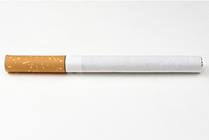Search Results
Viewing: 441-450 of 1469 | All
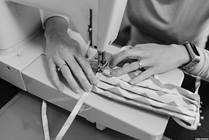
Blog
Mask Safety 101: Why You Shouldn’t Mask a Baby
As the coronavirus pandemic evolves, so do the recommendations. One of the most recent recommendations by the Centers for Disease Control and Prevention (CDC) is to wear “cloth face coverings in public settings where other social distancing measures are difficult to maintain.”
Article
Spinal Fusion
Does your child have scoliosis? Learn more about a spinal fusion to correct the spine.
Article
Care Conferences for Families
Communication with members of the health care team is important when a family member is in the hospital. It can be hard to match schedules in the fast-paced hospital setting. Connecting with the many people on your child’s medical team can be a challenge.
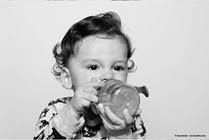
Blog
Thumb Surgery: How Hand Surgeons Can Build a Thumb
As a hand surgeon who works specifically on kid-specific hand and arm issues, I get the chance to build a more functional thumb that they can use for the rest of their lives.
Article
Tissue Expansion at Home - Instructions for Families
The purpose of tissue expansion is to grow new skin over a period of several weeks to months.
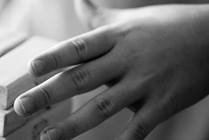
Condition
Congenital Hypothyroidism
This Helping Hand™ is about congenital hypothyroidism, which is when a baby is born without enough thyroid hormone. Learn more about symptoms and treatment for congenital hypothyroidism here.
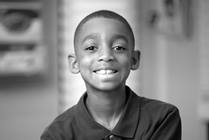
Condition
Pneumomediastinum
In this Helping Hand™, we discuss the causes and treatment pneumomediastinum, which is a condition that happens when air escapes from the lungs, airways, or esophagus into the mediastinum.
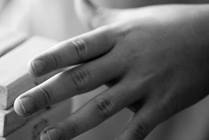
Condition
Chylothorax
When lymphatic fluid (or lymph) collects around the chest wall and lungs, it can cause chest pain or make it hard to breathe. This condition is called chylothorax.

